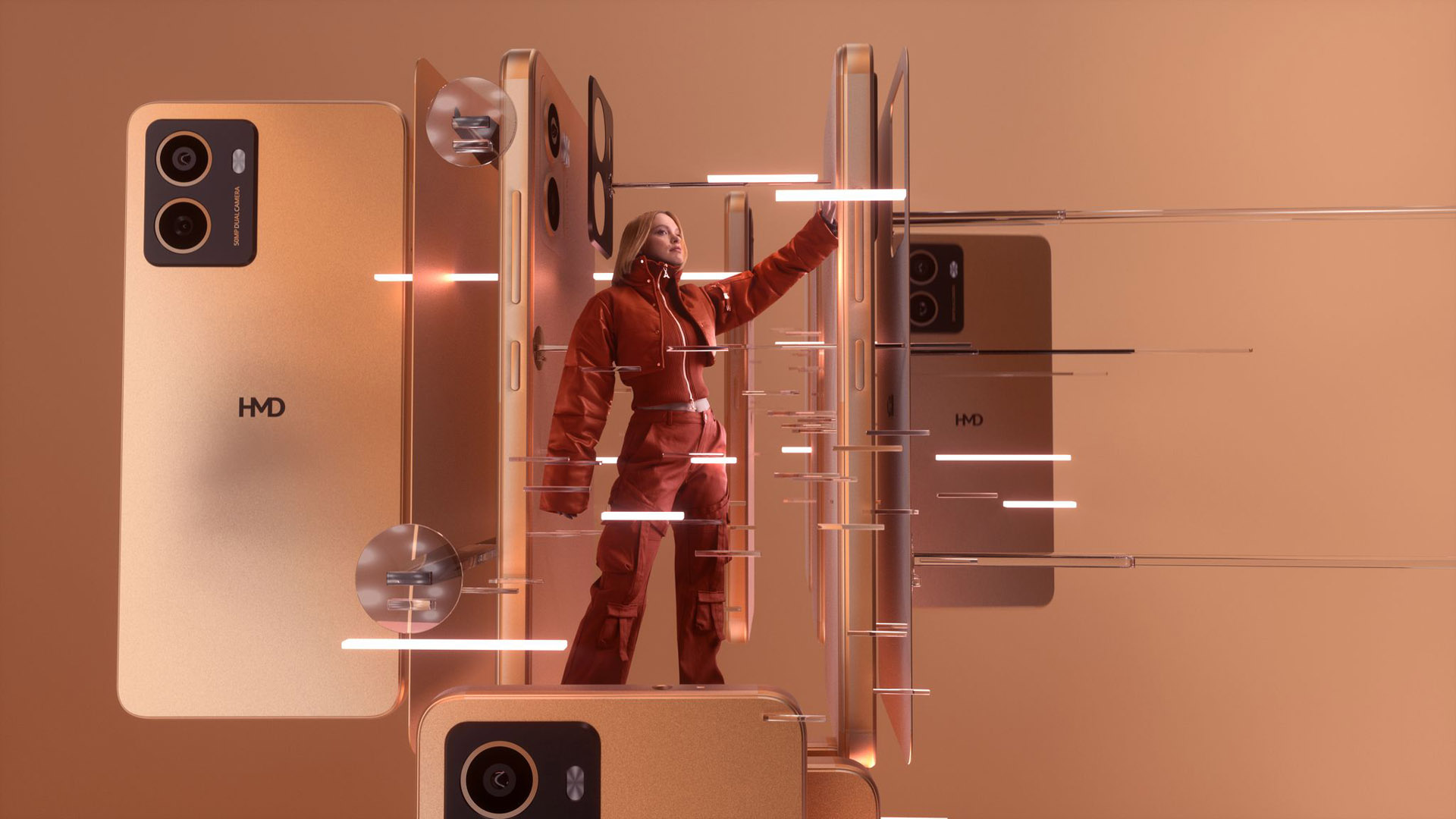HMD Pulse phones official – flagship looks at budget prices
HMD unveils its first full range of self-branded phones


Quick summary
HMD launched a new line of budget smartphones under the Pulse name. The most expensive model, Pulse Pro, costs £149 and boasts features like repairability and 50MP cameras.
However, it only gets two OS updates and three years of security updates.
HMD Global has unveiled its own line of smartphones, following an initial tease at Mobile World Congress in early 2024.
The new family of smartphones launches under the Pulse name and sticks to the segment of the market that HMD Global has seen success with – the affordable end.
There is a trio of handsets at launch, the HMD Pulse, HMD Pulse+ and HMD Pulse Pro. To put these into context, the top model – the Pro – is going to cost £149, so all these devices fall firmly into the budget end of the market.
Although I've not seen them in the flesh, these do look like attractive devices and not too far removed from the Nokia devices that HMD was previously producing. That's a good thing, because those Nokia phones were pretty popular and seemed to be sturdy enough when I got to play with them.
To add assurance, HMD is focusing on repairability with these devices. Teaming up with iFixit, you'll be able to be able to replace parts of this phone, including the display, charging port, and battery. Repair kits will start from £17.99 and it's designed as a DIY option, to prolong the life of the phone.
That's a great position to adopt, but it's hamstrung by the fact that HMD is only offering two OS updates and three years of security updates.
That means you'll likely have to replace the device after three years anyway, so it's questionable whether the battery will have time to deplete during the phone's software lifecycle.
Get all the latest news, reviews, deals and buying guides on gorgeous tech, home and active products from the T3 experts

HMD Pulse phones compared
While there are three devices, they all share the same design and many of the specs.
For starters, they all run on Unisoc T606 hardware. This is budget hardware that more or less aligns with Snapdragon 600. I've not used the phones, but I suspect they will be fine for day-to-day browsing and other tasks, but would likely struggle with any type of gaming beyond the casual.
These phones are all the same size, physically, while all sporting the same 6.65-inch display, with a 1612 x 720 resolution, 20:9 aspect and 90Hz refresh rate. It's rated at 480 nits (600 nits peak), so isn't hugely bright.
All the phones have a 5,000mAh battery, but while the Pulse Pro has 20W charging, the Pulse+ and Pulse are limited to 10W charging. The Pulse Pro also lands with 128GB of storage compared to 64GB on the other models, but all support up to 256GB via microSD.
The other differences lie in the cameras. The Pulse Pro wants to be your selfie friend with a 50-megapixel front-facing camera, compared to 8-megapixel selfie cameras on the other two models.
Switching to the rear cameras, the Pulse Pro has a pair of 50-megapixel cameras, as does the Pulse+, while the entry-level Pulse has to make do with a pair of 13-megapixel main cameras.
In this price and position, HMD's challenge is going to be to convince you to buy into its proposition of repairability, because otherwise you might be looking at devices like the Samsung Galaxy A15 or Redmi A2.

Chris has been writing about consumer tech for over 15 years. Formerly the Editor-in-Chief of Pocket-lint, he's covered just about every product launched, witnessed the birth of Android, the evolution of 5G, and the drive towards electric cars. You name it and Chris has written about it, driven it or reviewed it. Now working as a freelance technology expert, Chris' experience sees him covering all aspects of smartphones, smart homes and anything else connected. Chris has been published in titles as diverse as Computer Active and Autocar, and regularly appears on BBC News, BBC Radio, Sky, Monocle and Times Radio. He was once even on The Apprentice... but we don't talk about that.